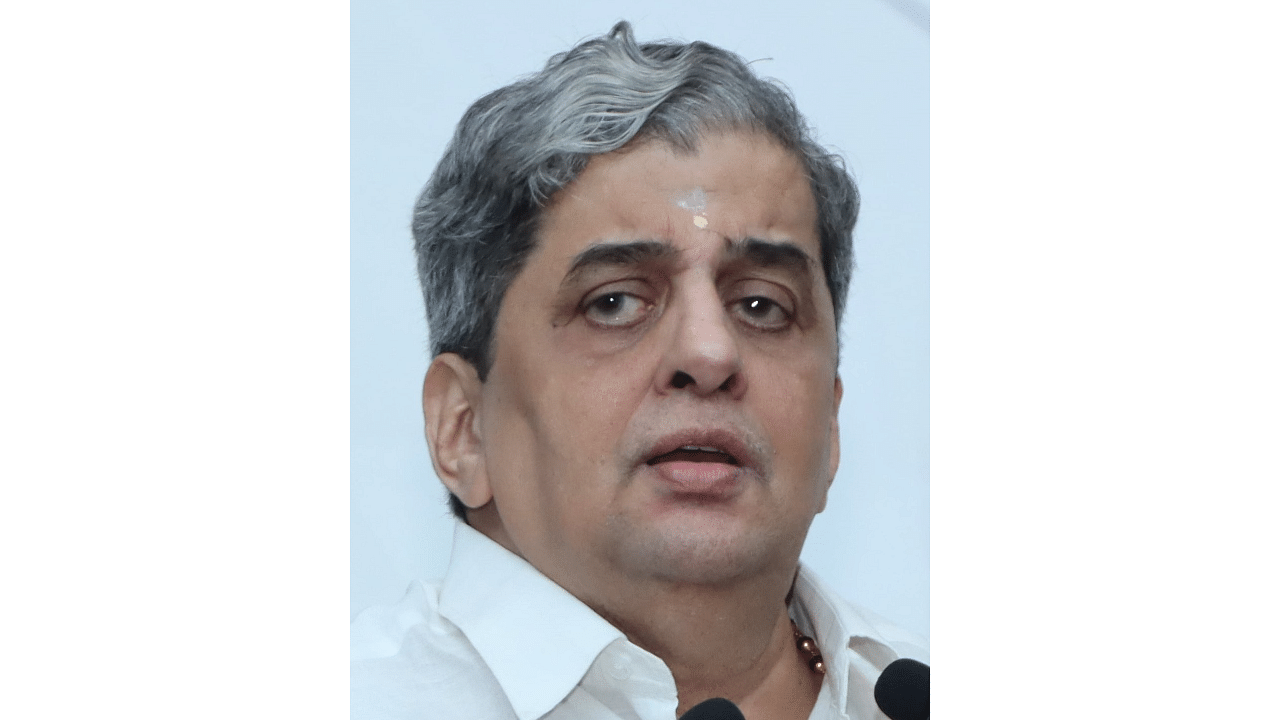
N Sathiya Moorthy.
The defeat of incumbent Ibrahim Solih at the hands of the opposition candidate, Mohamed Muizzu, in the presidential elections in Maldives has been described by a section of media as a ‘victory for China and reversal for India’. It flows from their India-China binary assessments to everything neighbourhood, based on their perceptions of New Delhi’s positions and posturing through the past years.
In turn, this perception-predilection, for instance, is influenced by India’s discomfort with successive Sri Lanka visits of Chinese spy ships. The concerns are genuine, but constantly telling neighbours what to do with their territorial waters has consequences for bilateral relations on the one hand and popular support for elected governments in those countries, as a small but vocal anti-Establishment constituency wedded to ‘sovereignty and independence’ launch smear campaigns against their government leaderships, unsettling their political and electoral standing nearer home. If India fits the bill, so be it.
While all Indian hearts are filled with humaneness, humanitarianism and national pride that their government had extended all forms of aid and assistance to Sri Lanka to help the neighbouring nation recover from economic peril last year, the altruism is lost when peripheral nationalists evaluate it only as a quid pro quo to keeping Colombo in good humour in matters of the nation’s foreign and security policy, viz China. There was and is a greater appreciation of India’s Covid-19 aid in every neighbourhood nation. New Delhi has to take note of this subtle difference.
Historically endemic
Leaving aside adversarial Pakistan and Taliban-ruled Afghanistan, multiple elements influence bilateral relations between India and individual nations in the neighbourhood. Sizes matter, and where sizes matter, mutual doubts and suspicions become historically endemic. Looking back, post-Independence India’s equations with individual neighbours have never been wholly smooth. Hiccups are periodic, and India’s extra-regional and extra-territorial adversaries of the time keep punctuating them.
Currently, the problem relates mostly to China. In simple terms, should India expect every neighbour to constantly re-calibrate their individual equations with China as Indian concerns grow, or can New Delhi re-tune its approach instead? In this Chandrayan era, India should be in possession of the technological prowess required to neutralise (Chinese) spies in air or water without intruding into the sovereign space(s) of our neighbours.
India has to approach neighbours with greater confidence. New Delhi has to draw a line, as our adversaries are not adversaries of our neighbours. No one airs it officially, but there is an argument in neighbourhood capitals that New Delhi’s anti-China position in Southeast Asia is lethal compared to China’s ‘civilian posturing’ in South Asia.
Smaller nations tend to value their independence and sovereignty, not just in theoretical terms, but more so in the form of freedom to make their own decisions even if they prove to be suicidal eventually. There is further finger-pointing on the other side that India, after all, did not consult them, while signing up with Moscow during the Cold War, and the US afterwards. There are conventional anti-establishment ‘conservative constituencies’ in every country (India is no exception anymore).
As the consumer in context, India has to be alive to it and understand the predicament of the other side and the peculiarities of their circumstances – without resorting to the western, post-Cold War one-size-fits-all approach, where ‘managing leaderships’ elsewhere has gained precedence over the policy of connecting with their peoples, which has greater credibility and longevity.
(The writer is a Chennai-based policy analyst and political commentator.)